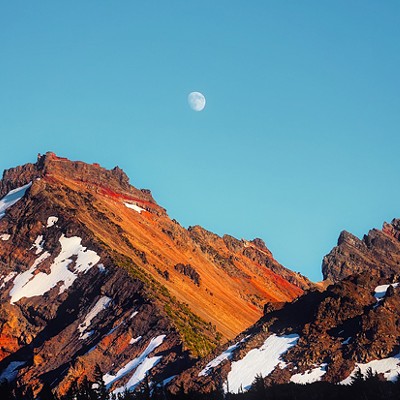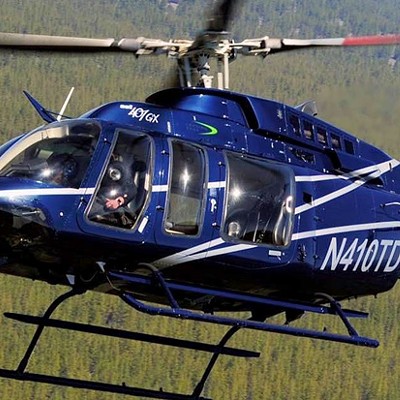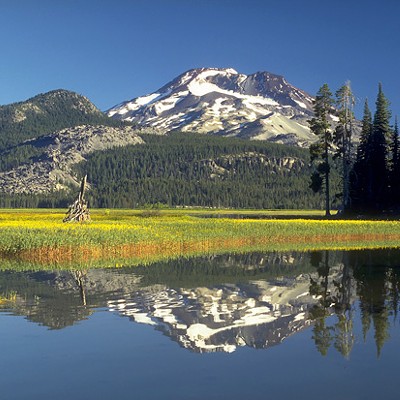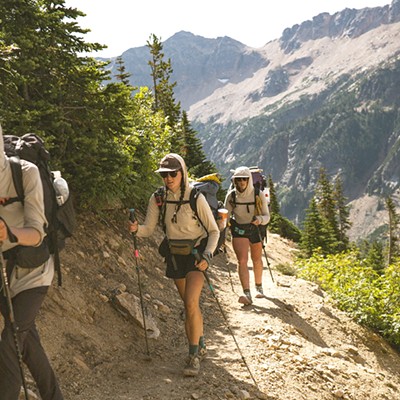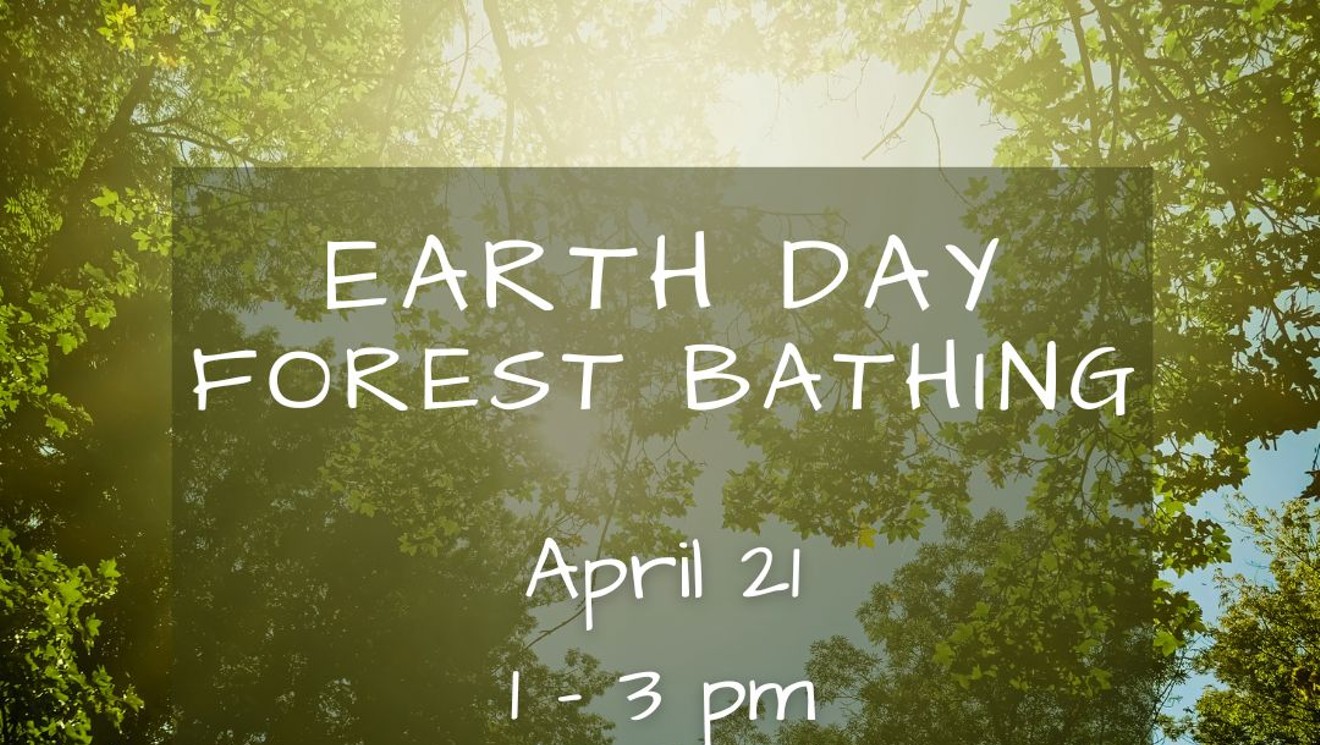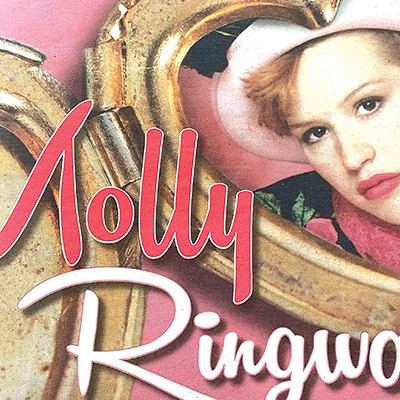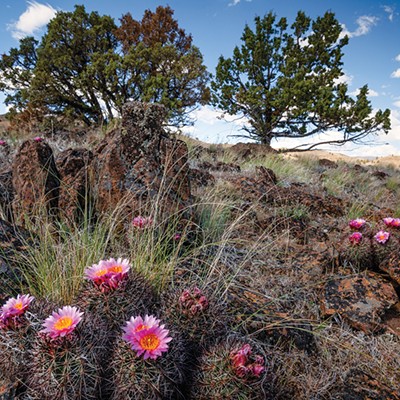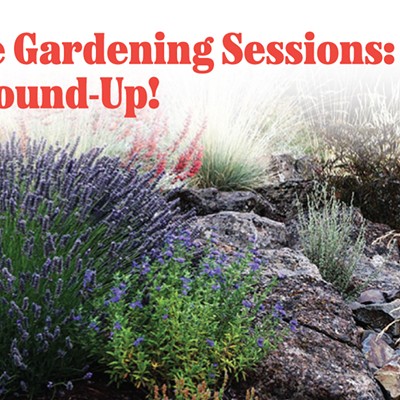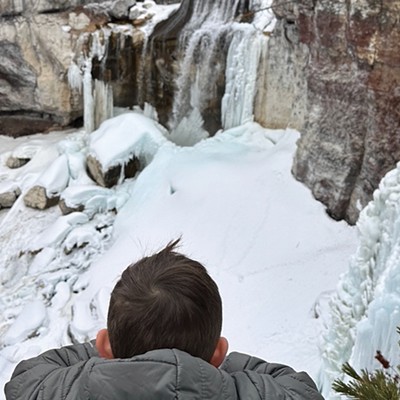Since I first moved to Oregon two decades ago, Bill Sullivan has been one of the consistent voices in my head. As the author of the popular series of 100 Hikes, each covering one of five regions in the state, Sullivan has directed me deep into the Cascades and on wind-swept trails along the coast.
I have trusted him, past when my trust for other passengers in my car/head probably would have run out. Really, Bill, I should take a turn 1.3 miles past the hillybilly shack and head up Forest Service Road Point-of-No-Return? OKAY! You've never steered me wrong!
And, Bill is responsible for me reaching some of the most breath-taking viewpoints in the state over the past 20 years.
SW: You are a fifth generation Oregonian. Who were the first of your family to come to Oregon—and why did they come here?
Bill Sullivan: I really am a fifth generation Oregonian, with my mother born in Baker City and my father in Portland. The first of my family arrived in 1867, coming around Cape Horn with blades to build a sawmill in Puget Sound. Someone on board the ship contracted smallpox and the captain dumped everyone at Fort Umpqua, on the southern Oregon Coast. My ancestors used their sawmill blades to build the mill at Gardiner.
SW: Jumping ahead a few generations from there. Your dad was an editor of the Salem Statesman Journal. That's a big deal. Is it correct to make the assumption he inspired you to be a writer?
BS: My father, J. Wesley Sullivan, was the last editor of the Oregon Statesman before it became Salem's Statesman Journal. I rebelled against the straightjacket of newspaper deadlines by studying creative writing at Cornell, hoping to become a novelist. It turned out to be a hard choice. After seven years of hunger, I started writing hiking guidebooks, and only recently have been able to publish novels.
SW: What started you hiking?
BS: As a kid I didn't hike more than most people in Oregon. Sure, we went camping and hiking, but everyone does that. After I hiked 1,300 miles across Oregon to research a route that became famous in [my book] Listening for Coyote, however, the public saw me as the "hiker guy." I embrace that label. It's a great job: hiking for living, and writing novels in the winter when I can't get out.
SW: You've been at this for 30 years. During that time, technology and publishing have changed dramatically, but the style of your guide books has remained the same. Do you feel any pressure to overhaul the guidebooks to match new customer expectations?
BS: You say my guidebooks haven't changed in 30 years? Good grief! I update them every single year. I give away a free copy to anyone who finds an update I've missed. The 100 Hikes books are now available as eBooks (amazingly useful!) with the most powerful wildflower search engine in the world, designed by my brother. I add new hikes every year, with each new printing. This year I've revamped the whole series with a 32-page color section that describes every hot springs in Oregon, the fire lookouts, and Forest Service cabins you can rent for cheap, and all the other things to do when you are traveling around the state. My website, OregonHiking.com, tells more—including weekly trail updates and links to the free wildflower search engine.
SW: Okay, fair enough. Maybe I was saying that the tone of your books has remained constant—and, that is, it is very personal. Your tour books have such a strong voice—and a brand to them. I would imagine that a lot of people really connect with that voice. What sort of fan mail do you receive?
BS: Fan mail? I receive emails every day from all over the world, and I answer them all. Often people from back east ask what they should bring to hike into the Green Lakes Basin in April (snow shoes).
SW: Off the trail, you also are very civically involved—especially with libraries. How has the role of libraries changed over the past few decades (or has it), and what role do you see them playing in upcoming years?
BS: Libraries are one of the great, free things that our government can do for us to help everyone. The more things change, the more the need for libraries seems to stay the same.
SW: And, finally, D.B. Cooper. You seem to have a certain fascination with him?
BS: I've written a murder mystery around the D.B. Cooper because he is a mystery, and one of the great folk heroes of the Northwest. So little is known about this madcap parachutist that I thought the case cried out for fiction. Finally, in my novel, you can find out what really happened. And brace yourself: My next "Case of" murder mystery has the working title, The Case of the Reborn Bhagwan.

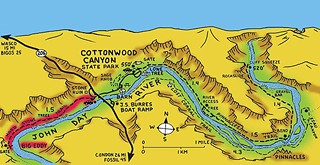

![Tips for hiking with kids ▶ [with video]](https://media2.bendsource.com/bend/imager/tips-for-hiking-with-kids-with-video/u/r-big16x10/14805806/natworld1.1-fce419452cb3a0fc.jpg?cb=1680201290)
